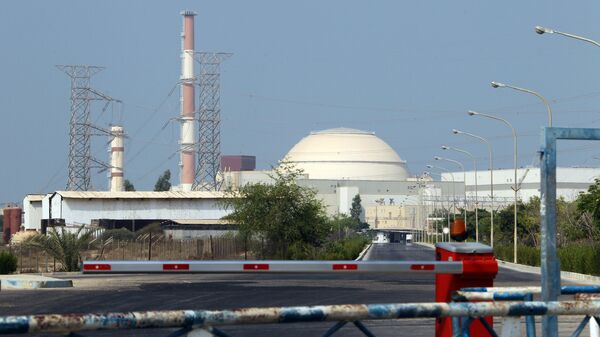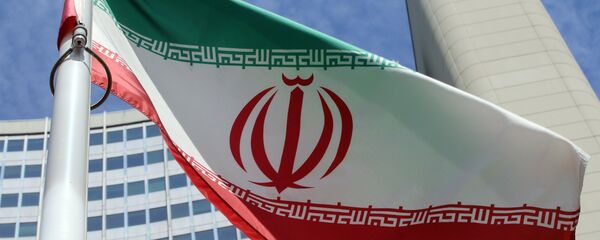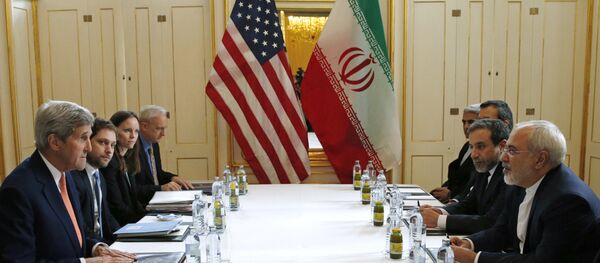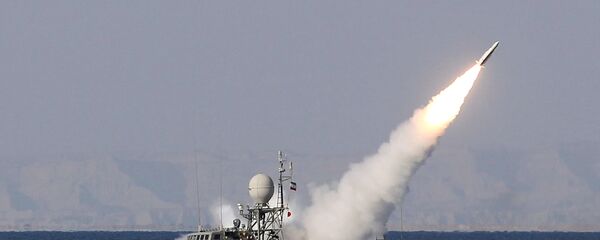Iran could withdraw from the 2015 Joint Comprehensive Plan of Action (JCPOA), commonly known as the nuclear deal, within hours unless the United States abandons its policy of economic pressure. This is what President Hassan Rouhani told Iran's parliament in a televised speech on Tuesday.
The President said that US leader Donald Trump had proved to be an unreliable partner to Iran.
On Sunday, Iranian lawmakers endorsed an outline of a bill to enhance spending on Tehran’s missile program as a response to the new sanctions imposed by Washington.
President Trump signed the restrictive measures against Tehran, which the US Congress passed into law in early August. Iran insists that its missile program does not violate the Joint Comprehensive Plan of Action, which limited Tehran’s nuclear capacities and lifted the international sanctions imposed on the country.
Sputnik Radio discussed the issue with Dr. Edward Wastnidge, a lecturer in Politics and International Studies at the UK-based Open University, who explained why it is not in the interests of the Islamic Republic to abandon the agreement.
The announcement is obviously Rouhani's response to the aggressive moves against Iran by the Trump administration, he told Sputnik. However, his country was party to the international agreement, not just the one between the US and Iran.
"Iran has shown quite a lot of diplomatic nous and it should keep it up. It would not be in its interests to quit the deal because it is an international agreement. The withdrawal from the deal would certainly worsen US-Iran relations, but what is more significant, it might lose the good will it has generated with its European, Russian and Chinese partners," Dr. Wastnidge explained.
It is a tough game to play, he said. Iran should weight the benefits of maintaining an independent foreign policy, which is really vital to Iran, against the possibility of international isolation and going along the North Korean route.
Meanwhile, the nuclear deal has popular support and a 'cautious backing" by the Supreme Leader. Thus Dr. Wastnidge suggested that Iran will try to maintain its commitment to the nuclear deal and take the moral high ground despite the accusations that are coming from Washington.
The expert also commented on the stance of President Trump, who has been a vocal critic of the nuclear deal and an advocate of new punitive measures against Iran. The US leader, he said, seems to care little for the understanding of t he reality of the global politics. This is underscored by his appeal to Washington's traditional allies in the Middle East: Saudi Arabia, the UAE and Egypt, and others opposed to Iranian interests in the region. However, the US, he said, has to acknowledge Iran's compliance with the Joint Comprehensive Plan of Action, otherwise it could affect the US reputation around the world.
"We've seen the benefits of skilled painstaking diplomacy pay off with the nuclear deal, which is being undermined by the bombastic and crude language of the US. North Korea might then question why it should negotiate when the US shows that negotiations do not pay any dividends," Dr. Wastnidge concluded.





